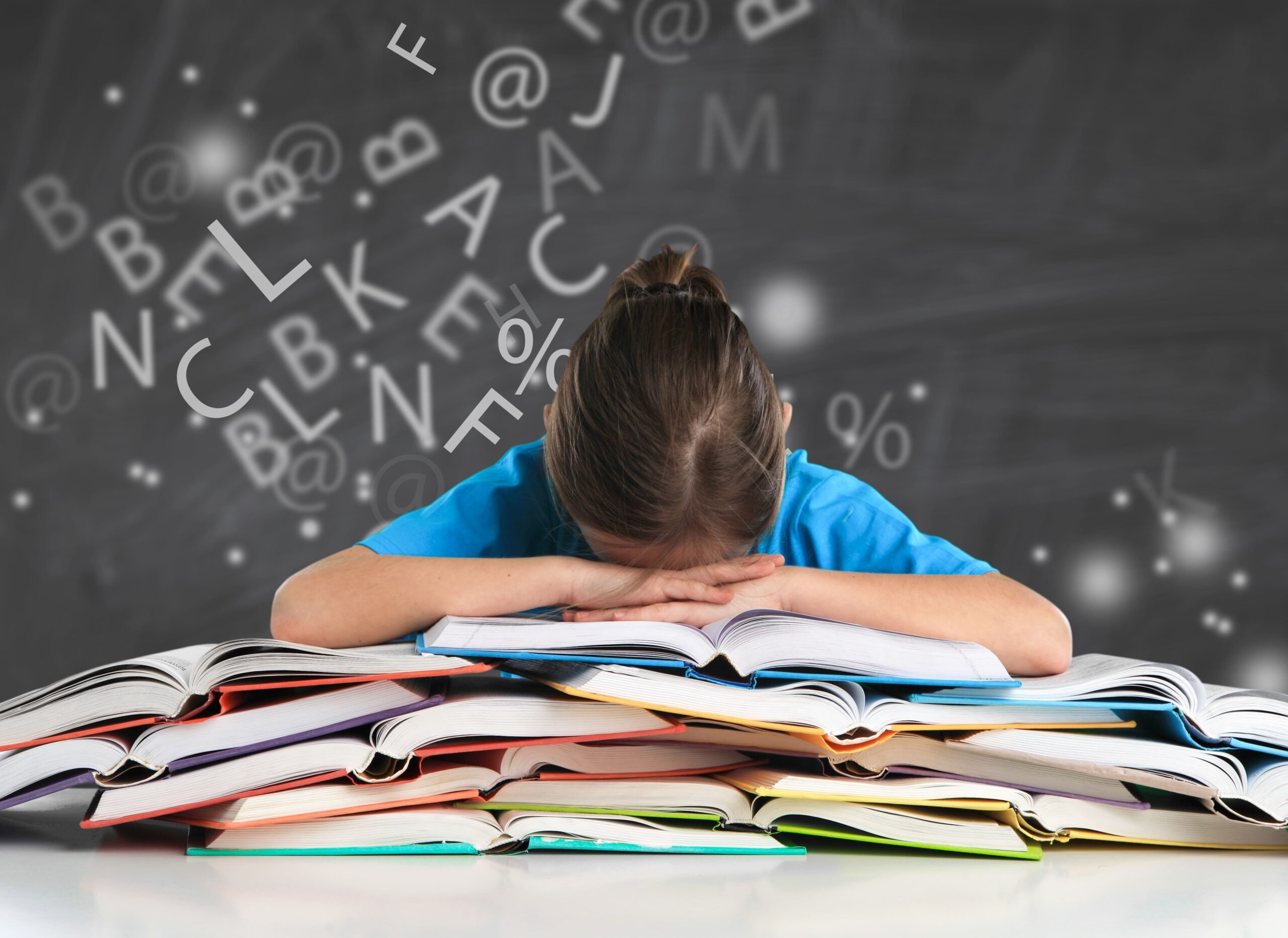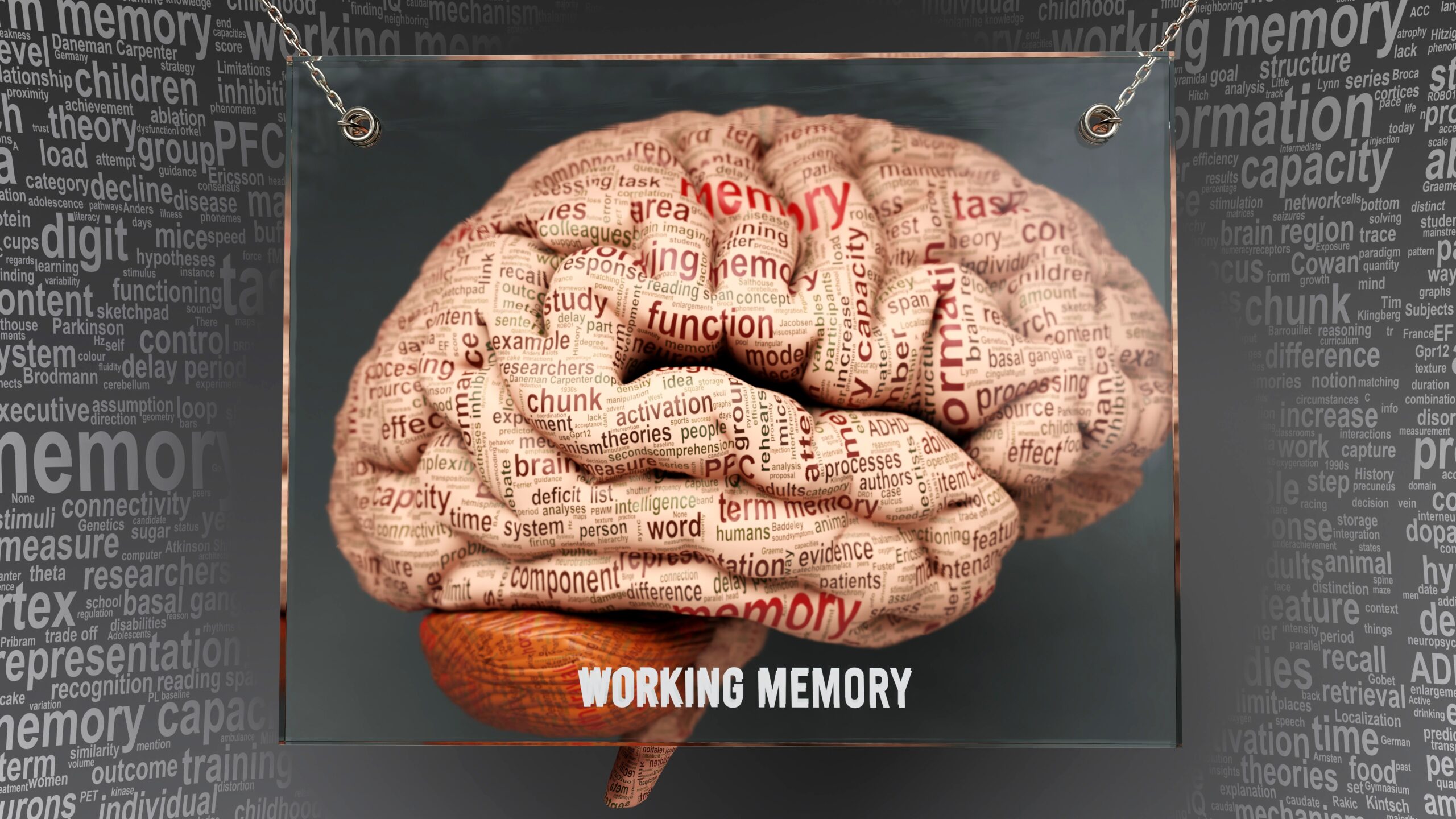
Dyslexia can be a discouraging and frustrating experience for those who struggle with it. There are several reasons why this may be the case.
First, dyslexic learners may struggle to meet expectations, both from others (such as parents and teachers) and from themselves. This can be particularly true for those who develop perfectionistic expectations in an attempt to cope with their anxiety. As a result, dyslexic learners may feel chronically inadequate.
Inconsistency in performance can also be a source of frustration for dyslexic learners. Their performance may vary from day to day, which can be confusing for them and those in their environment.
Emotional issues can also play a role in the discouragement and frustration experienced by dyslexic learners. Anxiety is a common emotional symptom reported by dyslexic adults, as they may be fearful of failure and engage in avoidance behavior. Anger and frustration with school or social situations can also lead to feelings of anger.
Dyslexic learners may also have a poor self image, viewing themselves as unlucky when they succeed and stupid when they fail. Research has shown that feelings of inferiority can develop in dyslexic individuals by the age of ten. Depression is also more common among dyslexics, as they may have negative thoughts about themselves and view the world negatively.
In addition to these internal struggles, dyslexic learners may also have difficulty with social relationships. They may be physically and socially immature compared to their peers, which can lead to awkward social situations. They may also struggle with reading social cues, such as personal distance and body language, which can be a disadvantage as they enter adolescence. All of these factors can contribute to the discouragement and frustration experienced by dyslexic learners.









